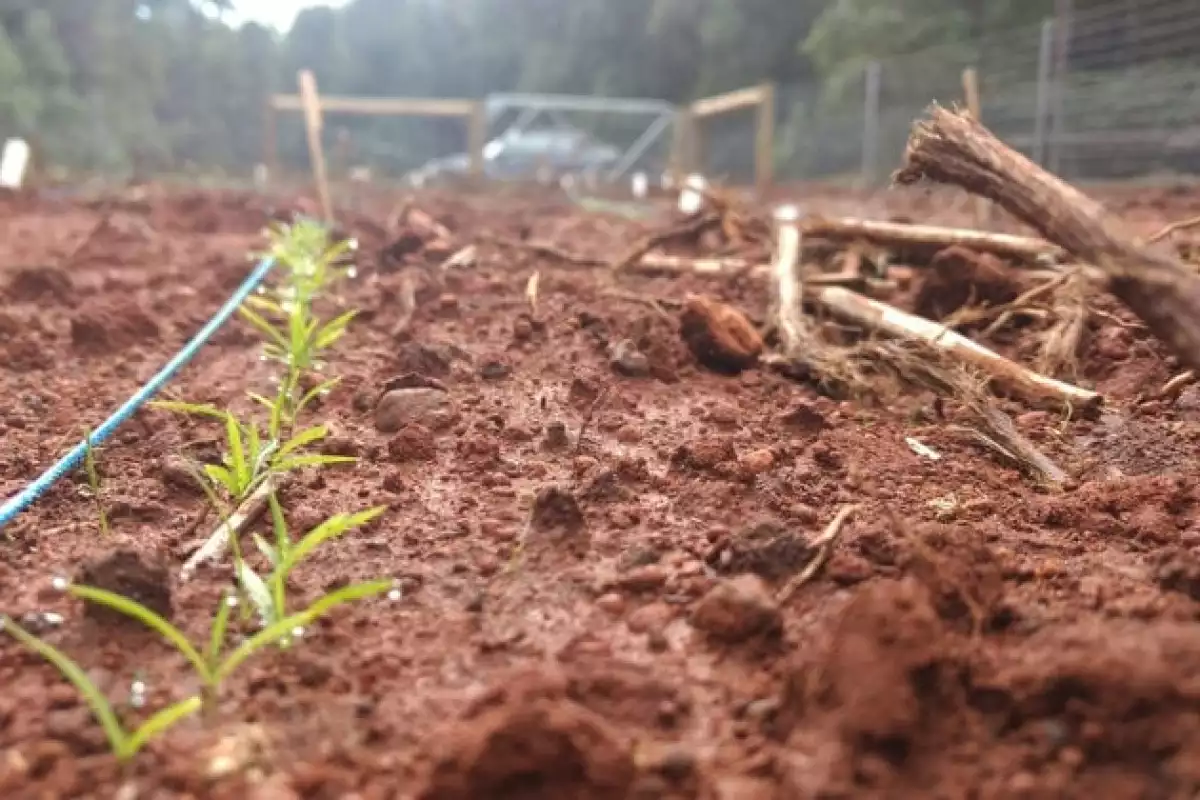When restoring former industrial or agricultural land back to its natural state, it's vitally important to reestablish ground cover plants such as native grasses. According to a new study, the addition of aspirin helps those grasses grow.
The medication that we know as aspirin is actually the synthetic form of a natural compound called salicylic acid, which is found in willow tree bark and in other plants. Previous studies have shown that it boosts stress resistance in agricultural plants like tomatoes, making them hardier.
Led by Dr. Simone Pedrini, scientists at Australia's Curtin University recently set out to see if the compound would have a similar effect on wild plants. To that end, they coated the seeds of three native grasses – Austrostipa scabra, Microlaena stipoides and Rytidosperma geniculatum – with "very low concentrations" of salicylic acid.
Subsequent field tests were performed at a farm in the state of Western Australia, a region where all three grasses occur naturally. When compared to control crops grown from non-coated seeds, it was found that the survival and growth rates of seedlings grown from the coated seeds were significantly higher.
"Further research is now needed to test salicylic acid as a coating in other wild species to improve native plant resistance to drought, extreme temperatures, salinity, pathogens, and herbicides," says team member Prof. Kingsley Dixon. "Moreover, coating with salicylic acid in combination with other beneficial compounds should be tested on a broader array of plant species used in restoration, as their combined impact on seed germination, emergence, growth and plant establishment could improve the successful deployment of native seed onto degraded landscapes."
The research is described in a paper that was recently published in the journal PLOS ONE.
Source: Curtin University




